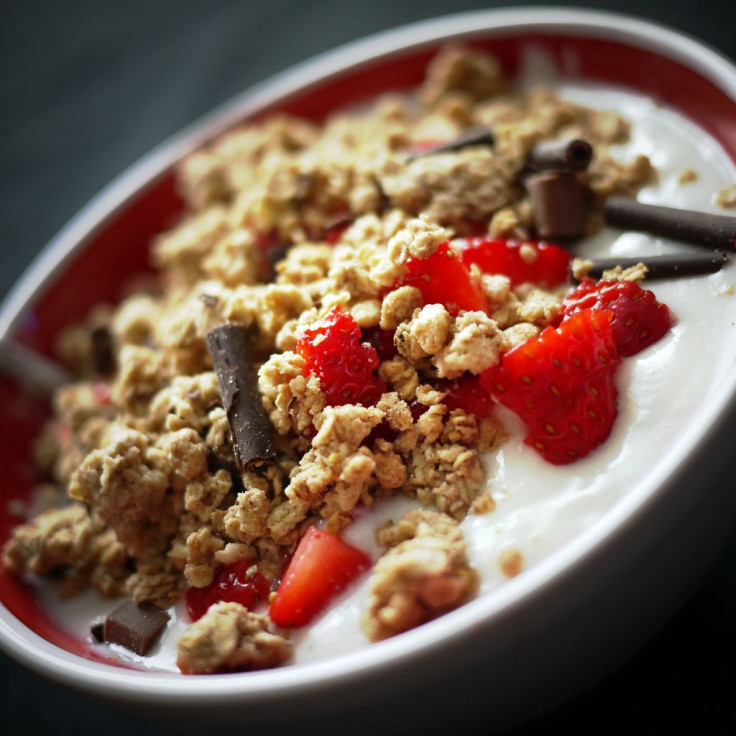Probiotics Appear To Improve Cognitive Function, Fight Off Dementia

To the medical community at large, probiotics remain highly controversial to say the least.
Those who criticize digesting live microorganisms that provide alleged health benefits by improving or restoring the gut flora point to the fact there is little medical evidence probiotics confer the health benefits they claim.
Among the more lavish claims for probiotics are weight loss, improved digestive health, preventing diarrhea and stronger immune function. But there is another claim that seems more extreme than even these. Some sources alleged probiotics or beneficial bacteria can actually alleviate some mental health conditions.
They cited 15 human studies that found supplementing with Bifidobacterium and Lactobacillus strains for one to two months can relieve anxiety, depression, autism and obsessive compulsive disorder. The studies also claimed probiotics can improve memory.
They further claimed taking probiotic supplements for eight weeks decreased depression levels and reduced levels of C-reactive protein (a marker of inflammation) and hormones such as insulin, compared to people who didn't take probiotics.
One of the more avidly cited pro-probiotics studies, which was published in Frontiers in Aging Neuroscience in 2016, claimed probiotics can help improve cognitive function and ward off dementia, including Alzheimer’s.
This study showed elderly Alzheimer’s patients that received a probiotic milk product containing Lactobacillus acidophilus, Lactobacillus casei, Bifidobacterium bifidum and Lactobacillus fermentum for 12 weeks significantly improved their cognition scores. On the other hand, elderly Alzheimer’s patients that consumed a placebo continued to decline.
The level of inflammatory markers fell by 18 percent in the probiotic treatment group, while inflammatory markers rose by 45 percent in the control group
The study said the Bifidobacterium breve strain A1 (B. breve A1) might be of particular use in Alzheimer’s treatment. Daily oral administration of B. breve A1 reduced the cognitive dysfunction normally induced by amyloid beta in mice.
Probiotics were also shown to inhibit neurodegeneration by modulating the inflammatory process and counteracting oxidative stress. They also modulated central nervous system functions mediated by bacteria-derived metabolites such as short-chain fatty acids while inhibiting pathogenesis via alteration of gut microbiota composition.
On the flip side is a study published September 2018 in the journal Cell. This study, which was conducted by a group of scientists from the Weizmann Institute of Science in Israel, concluded probiotics are almost useless. This study, which was among the most detailed analyses of what happens when we consume probiotics, found probiotics had little or no effect inside the body.

The study also said probiotics of the future will need to be tailored to the needs of each individual since everyone's microbiome is unique.
The Israeli team made their own probiotic cocktail using 11 common good bacteria, including strains of Lactobacillus and Bifidobacteria. This cocktail was given to 25 healthy volunteers for a month.
Analysis of the data showed in half of cases, the good bacteria went in the mouth and straight out the other end. In the rest of the volunteers, the probiotic bacteria lingered briefly before being overwhelmed by existing microbes.
Published by Medicaldaily.com



























